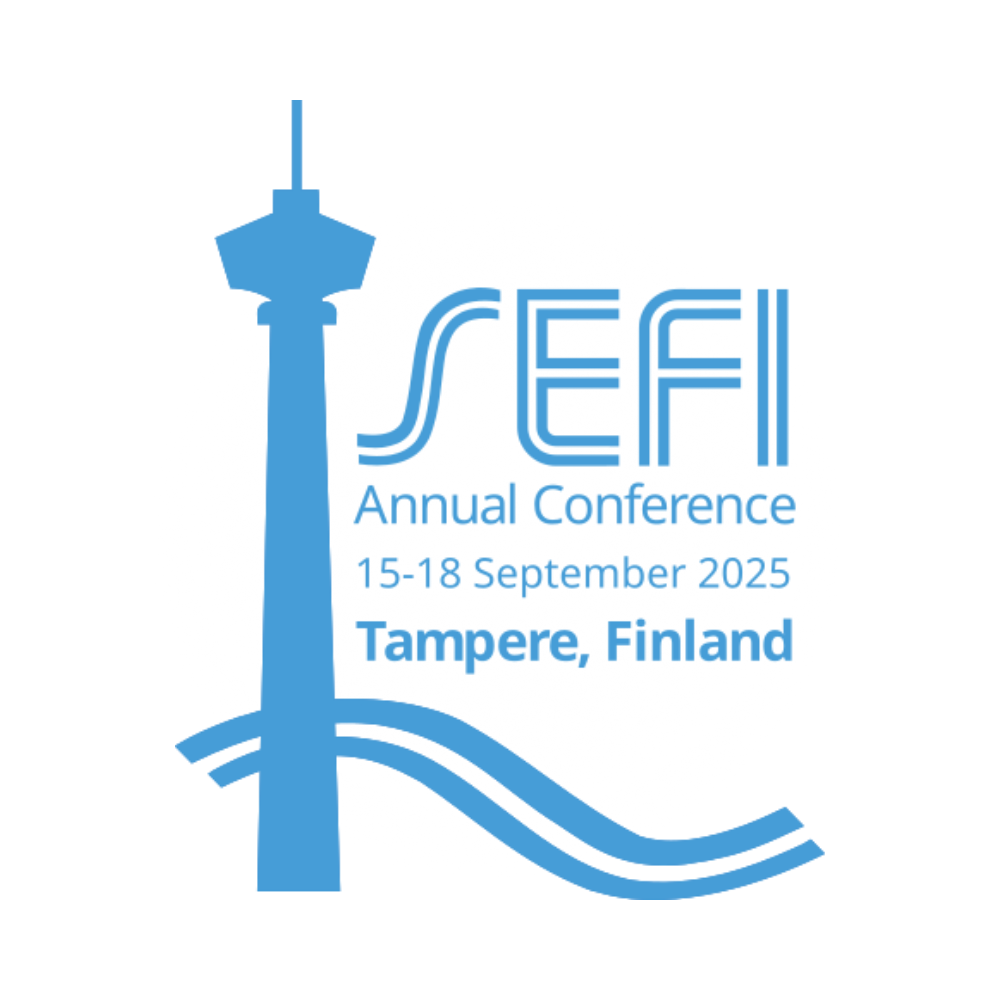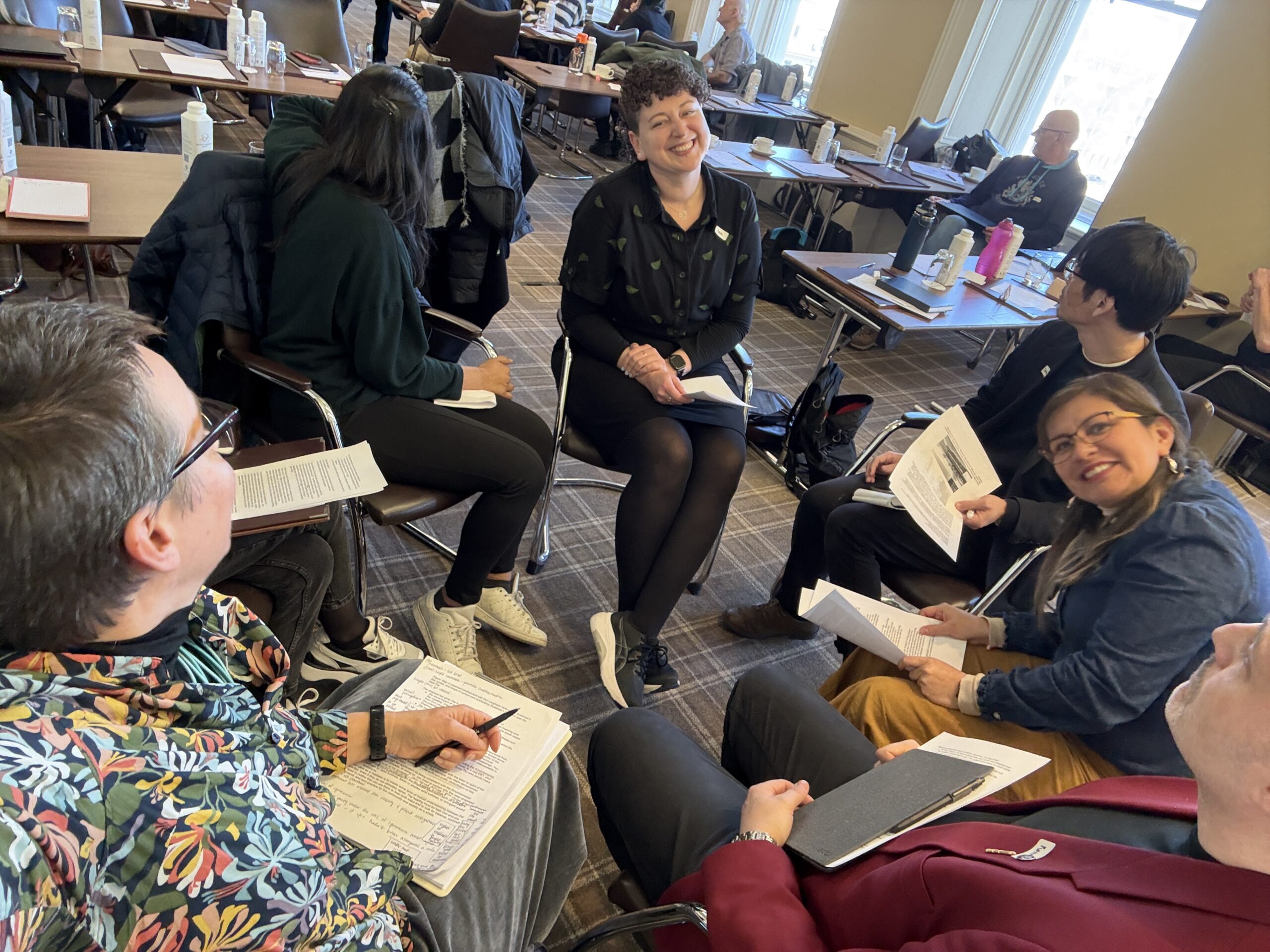We are excited to announce that registrations for the 53rd SEFI Annual Conference are now…
Coming up in this month’s newsletter: Accreditation is ethics in action
The first seminar in our SEFI SIG series of monthly online events opened for discussion the topic of accreditation, under the organisation of Sarah Junaid. If you missed the event, you can watch the seminar by clicking on this link. In this month’s newsletter, we hope to continue this dialogue and bring new perspectives on accreditation.
Accreditation of engineering ethics education is a widely debated, impactful, interesting, and hot topic. Accreditation provokes strong reactions of teachers and course-designers. As it severely interacts with visions of what good education for a better world ought to look like, we can say that accreditation is ethics in action.
Accreditation is ethics of responsibility, cohesion, and recognition in action. Many people in accreditation bodies and committees carefully discuss what good qualities of future engineers are, should be and/or how these ideals can be realised. Accreditation is about taking responsibility to use engineering education for the good. It is about using the strength of working together towards societal change. And it is about recognising teachers and course-designers in this difficult process, in normal circumstances, but also in Corona times. Successfully pivoting to an online process of engineering programme accreditation is far from evident, as Catherine Deegan illustrates.
Accreditation is ethics of identity and autonomy in action. Different countries have different views on what the role of engineers is in a transition towards a better society; and have different views on how to design the education to get there. ABET for example provided and still provides a lot of input for accreditation bodies all over the world. But for many countries, developing one’s own view is crucial. Hidekazu Kanemitsu shows how accreditation leads to Japanese-specific teaching materials for Japanese-specific engineering ethics.
Accreditation is ethics of epistemology in action. Differences on what accreditation should be do not only exist among countries, but also among people with other views on the role of knowledge. Many engineers stand for the strength of rationality and objective knowledge for technological progress. Other engineers and ethicists, like Alison Gwynne-Evans, state that restricting accreditation of ethics to “objective” content knowledge precludes a focus on the values and attitudes indispensable for a practising engineer. If one recognises that engineering education is all (or also) about values, attitudes and emotions, this should be made explicit in accreditation.
Accreditation is ethics of autonomy and trust in action. If twenty-first century accreditation relates itself to the necessary values, attitudes and emotions in engineering education, it will have to accept that what we assess for accreditation and what we teach need not be completely aligned. Donna Riley’s statement is only bold when autonomy and trust in innovative teaching is low; and it is probably the only answer to overcome the dilemma that most important things that students learn from primary school to engineering university education is not measurable.
Accreditation is ethics of powerin action. Accreditation is a medium that supports the essential discussions on engineering ethics education on what it should be, where it should go and who should decide on this. Fátima Monteiro and Carlinda Leite, for example, plea to increase the importance of ethics in engineering education in Portugal with accreditation bodies and ethics teachers. What eventually is put in accreditation criteria is a matter of power.
Accreditation is ethics of cooperation in action. As Sarah Junaid reminds us, it is only through top-down and bottom-up approaches that we can ensure that the elements of the process of accreditation translate into quality assurance and quality improvement.
Accreditation is not the only force shaping engineering education. Also important are the way in which the profession of engineering is understood, as well as the responsibilities of the profession established and transmitted to its members through professional codes. In France, where an unequivocal trust was placed on engineers and their role in contributing to a progressive society, engineering was not originally conceived as a profession. Christelle Didier invites us to reflect on how the development of engineering ethics and its establishment as an academic subject can be associated with the history of the profession itself.
We hope that this newsletter with its courageous contributions will feed into this fundamental debate in engineering ethics education, at the national levels, the university levels and the course levels.
Gunter Bombaerts and Diana Martin


